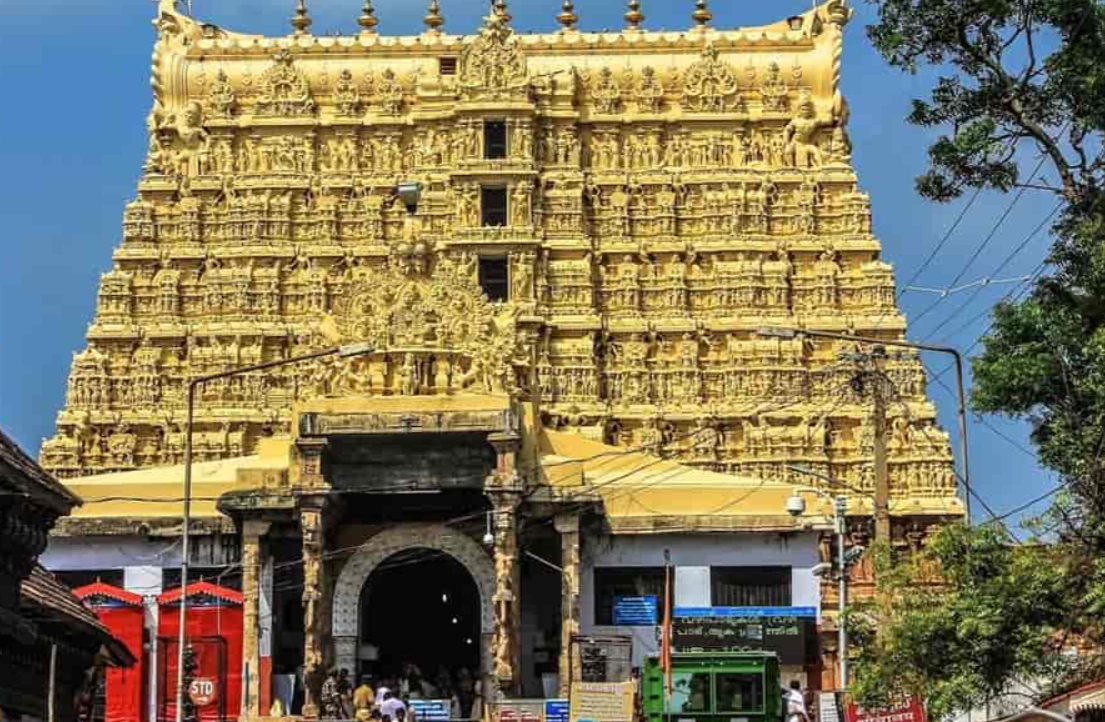India’s rich spiritual heritage is marked by the profound influence of various saints who have shaped the nation’s philosophical and cultural landscape. These revered figures, emerging across different eras, have provided guidance, wisdom and transformative ideologies that continue to resonate with millions. Here, we explore ten of the most famous Indian saints whose teachings and contributions have stood the test of time.
Top 10 Famous Indian Saints of all Time
1. Ramanuja
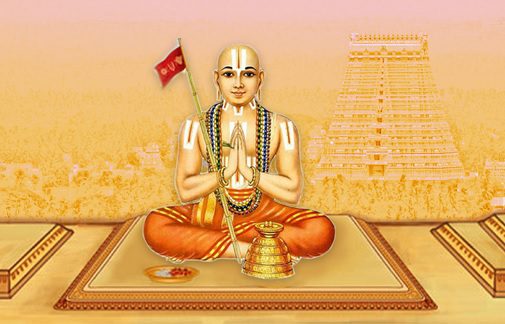
Ramanuja, a pivotal figure in the Bhakti movement, is celebrated as a foremost proponent of the Vishishtadvaita (qualified non-dualism) school of philosophy. A disciple of Yamunacharya, Ramanuja’s teachings laid a robust foundation for Vaishnavism. His doctrines emphasize the necessity of Karma (action), Bhakti (devotion) and Gyan (knowledge) as the paths to salvation. Ramanuja is renowned for his commentaries on the Bhagavad Gita (Gita Bhashya) and the Brahma Sutras (Sri Bhashya), which have profoundly influenced Hindu thought. He spent his later years in Srirangam, Tamil Nadu, where his legacy continues to inspire.
2. Chaitanya Mahaprabhu
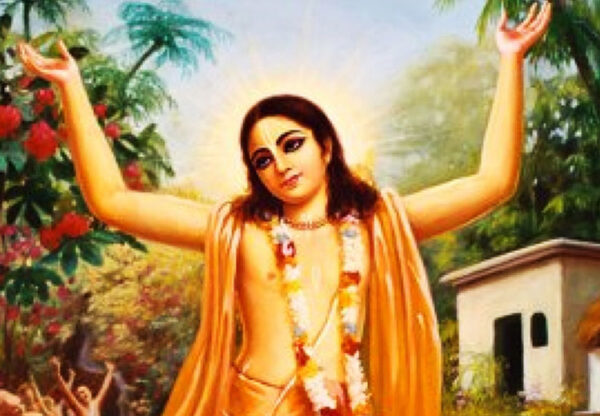
Chaitanya Mahaprabhu, born Vishwambhar Mishra in Nawadwip, Bengal, was a towering figure in the Bhakti movement. He is celebrated for his role in popularizing the worship of Lord Krishna and Radha through his ecstatic Kirtans (devotional songs). Chaitanya established a vibrant theological school in Bengal, promoting a deep, personal devotion to Hari (Krishna). His life and teachings are chronicled in the “Chaitanya Charitamrita,” authored by his followers. His influence extends to the spiritual transformation of Vrindavan, where he spent his final years and is revered by countless devotees.
3. Shirdi Sai Baba
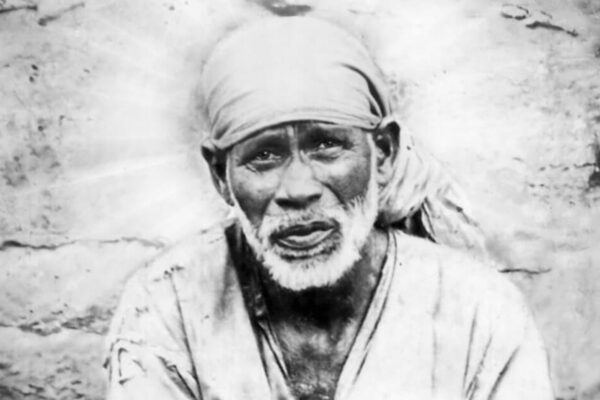
Shirdi Sai Baba, a revered spiritual master, transcended religious boundaries, attracting followers from both Hinduism and Islam. His teachings focused on universal love, forgiveness and devotion to God. Sai Baba advocated for the realization of self and critiqued attachment to material possessions. His message of unity and equality was revolutionary, as he challenged caste and religious discrimination. Considered by his devotees to be an incarnation of the deity Dattatreya, Sai Baba’s teachings continue to guide millions, promoting inner peace and compassion.
4. Tulsidas

Tulsidas, an eminent Vaishnava saint and poet, dedicated his life to Lord Rama. His most celebrated work, the “Hanuman Chalisa,” is a devotional hymn in praise of Hanuman, the devoted servant of Rama. Tulsidas spent significant portions of his life in Banaras and Ayodhya, where he also founded the Sankat Mochan Hanuman Temple. His dramatization of the Ramayana through the Ramlila plays has had a profound impact on Indian culture. Tulsidas is revered not only for his literary contributions but also for his role in popularizing Rama’s worship in vernacular literature.
5. Surdas
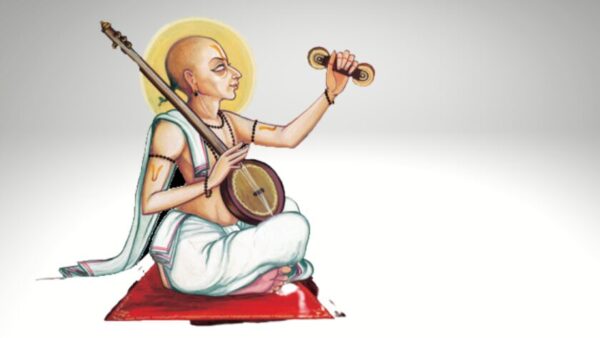
Surdas, a blind devotional poet of the 16th century, is renowned for his heartfelt compositions dedicated to Lord Krishna. His poetic works, primarily in Braj Bhasha, reflect his deep devotion and are integral to the Puṣṭimārga tradition. Surdas’s verses, focusing on Krishna’s divine leelas (pastimes), have greatly influenced devotional singing practices in Hinduism. His legacy is preserved through the “Bijak,” a compilation of his dohas (couplets) and sakhi (poems), which continue to inspire devotion and worship.
6. Kabir
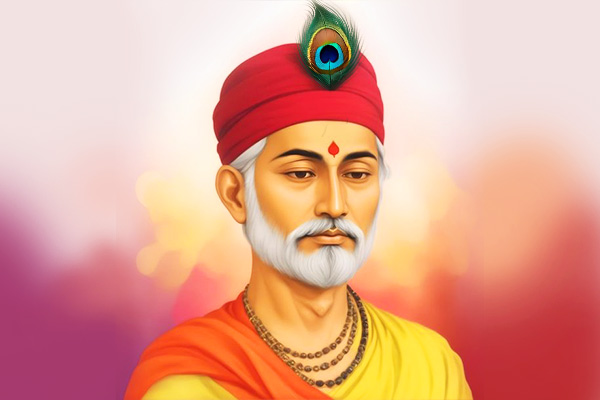
Kabir, born near Benaras, is celebrated for his unique approach to spirituality, which sought to bridge the divide between Hinduism and Islam. A disciple of Ramananda, Kabir’s teachings emphasized the unity of God, transcending sectarian boundaries. He critiqued both Hindu and Muslim rituals, focusing instead on a personal connection with the divine. His verses, known as dohas and sakhi, address social issues like the caste system and untouchability. Posthumously, his followers established organizations to continue his teachings, reflecting his enduring influence on Indian spirituality.
7. Ramakrishna Paramahansa
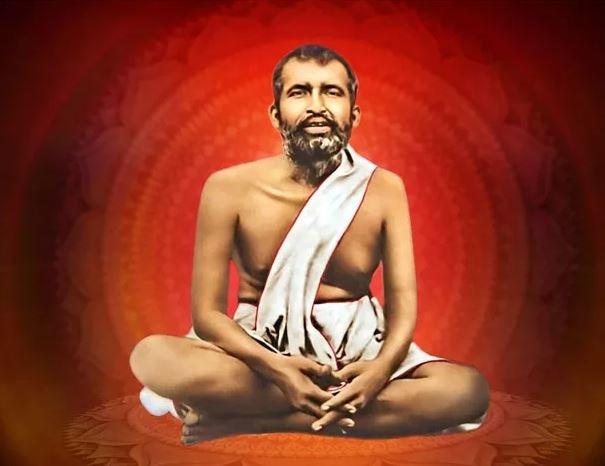
Born on February 18, 1836, in Kamarpukur, West Bengal, Ramakrishna Paramahansa is revered as a profound mystic and yogi of the 19th century. Known for his intense devotion to the goddess Kali, Ramakrishna’s spiritual experiences and teachings emphasized the unity of all religions and the pursuit of divine realization. He is celebrated for his eclectic approach to spirituality, which included practices from various faith traditions. His life and teachings, though he never publicly declared himself as an incarnation, continue to inspire followers worldwide.
8. Guru Nanak Dev Ji
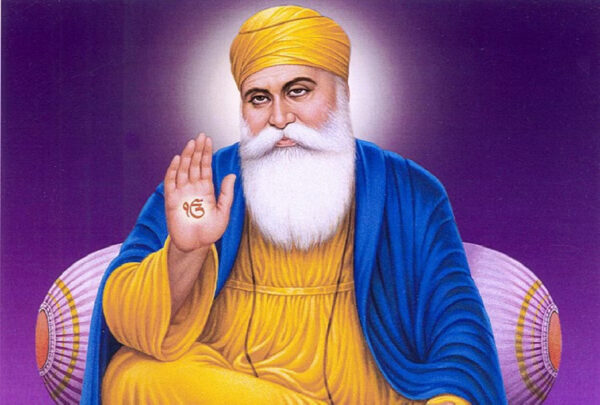
Guru Nanak Dev Ji, the founder of Sikhism, introduced a monotheistic faith that blends elements from both Hinduism and Islam. His teachings, enshrined in devotional hymns, advocate meditation on the divine name and emphasize the rejection of reincarnation. Guru Nanak’s emphasis on equality, social justice and devotion shaped Sikhism’s core principles. His contributions to Punjabi devotional hymnody and his role as the first Sikh Guru have left a lasting impact on the Sikh community and beyond.
9. Guru Gobind Singh
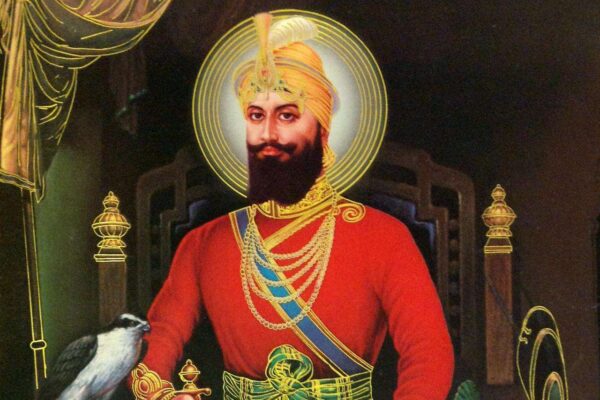
Guru Gobind Singh, the ninth Sikh Guru, is remembered for his role as a warrior, poet and philosopher. Following the martyrdom of his father, Guru Tegh Bahadur, he became the leader of the Sikhs at a young age. Guru Gobind Singh’s establishment of the Khalsa in 1699 and introduction of the Five Ks (articles of faith) are pivotal in Sikh history. His leadership and writings, including the Guru Granth Sahib, the central religious scripture of Sikhism, have significantly shaped Sikh identity and religious practice.
10. Mahavira
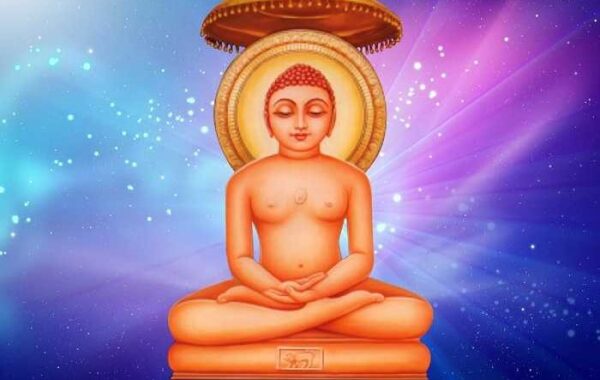
Mahavira, the 24th Tirthankara of Jainism, is a central figure in the history of the religion. Born into a royal Jain family in the early 6th century BCE, Mahavira renounced worldly possessions at the age of 30 to seek spiritual enlightenment. His rigorous ascetic practices and deep meditation led him to achieve Kevala Jnana (omniscience). Mahavira’s teachings on non-violence, truth and asceticism continue to guide Jain philosophy and practice.
India’s spiritual history is enriched by these remarkable saints, whose teachings transcend time and continue to inspire individuals across the globe. Their philosophies promote humanity, compassion and spiritual growth, contributing to the betterment of society and the advancement of human understanding.



